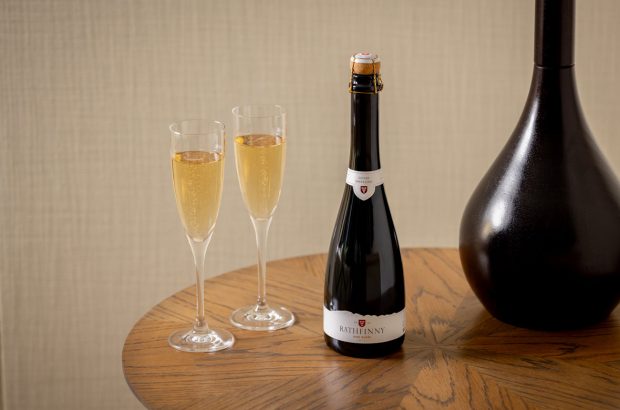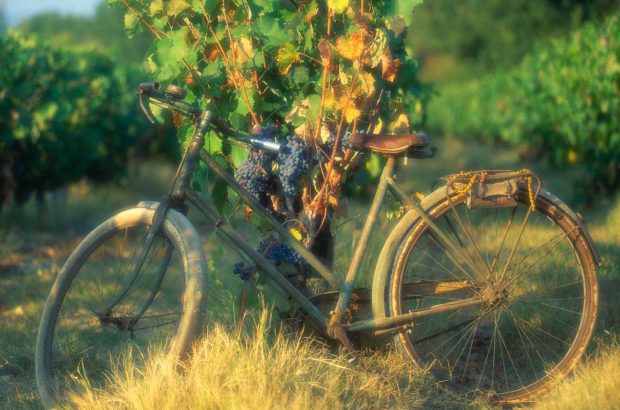The lengthy process arriving to this point has been rife with controversy as this new DO overlaps with what has since 1998 been the named Rioja Alavesa subzone within the greater DOCa Rioja. This subzone has been part of DOCa Rioja, regarded as Spain’s pioneering denomination of origin, since its original creation as a DO nearly a century ago in 1925.
The core of the issue is that nearly all of DOCa Rioja falls administratively within the Spanish autonomous region of La Rioja, with the exception of a few municipalities within Navarra and a total of 18 within the province of Álava in the Basque Country autonomous region. Thus, the drive for creating a separate DO for the wines has been framed in the media as a desire of solely nationalistic interests that are without merit.
Emilio Aguillo, the interim president of the new Viñedos de Álava regulatory council, told Decanter: ‘To say that this is a political decision is completely false. Our interests are purely economical and oriented to protecting the winemaking of our region.’
The creation of the regulatory council and its bylaws (pliego de condiciones) have come about rapidly and the latest news immediately follows a ruling at the end of January against DOCa Rioja’s appeal to stop the ‘protección nacional transitoria’ granted in October 2021 by an order of the Basque government.
Despite the apparent speed of changes in the last few months, these actions have been a while in coming, dating back to at least 2015. Then there was a request to allow named subzones appear in a larger font on the labels. While that was granted with a great many other changes in 2017 (including Vinos de Municipio, Viñedos Singulares, sparkling wines, and more), famed winery Artadi had already made the decision to leave Rioja DOCa. While the issues then died down in 2016, they resurfaced in 2020.
When asked for comment, the DOCa Rioja reiterated to Decanter its previously-stated commitment ‘to exhaust all legal avenues’ against what it considers to be an ‘illicit use of the goodwill of a brand recognised worldwide and that belongs to an entire sector’. It also emphasised that 98.4% of the regulatory council voted to pursue legal action. The only vote against was that of those wanting to create this new DO.
Within Spain, it is the autonomous region which decides upon the creation of a new Protected Denomination of Origin of any type. Álava being in Basque Country and a separate administrative region from La Rioja means that it is entitled to create its own DO and see it forwarded to Brussels for potential EU approval.
Speaking about the approval process and DOCa Rioja’s opposition to it, Aguillo said it was, ‘like Coca Cola and Pepsi Cola in that one can’t tell the other to stop producing a coke and each co-exist in their own space.’
The development of new PDOs within the EU is a very long process however. Aguillo stated that it ‘could take four to six years’ as the process is to determine if there are unique characteristics which warrant a PDO, so this could still be denied in the future. Given that Álava has been one of only three subzones within Rioja for years, it would indicate that it has its own unique characteristics, but at the same time, it could be argued that these were simply used due to administrative boundaries.
In the meantime, the council for Álava is planning to hold its first harvest under their transitional DO in 2023, with a period for the registration of both wineries and vineyards coming soon. How many there will be remains to be seen as joining this new DO will require leaving DOCa Rioja, a very established regional wine brand on the world stage.
As many in the region are saying, ‘it’s in Europe’s hands now’, and this is a case that will not be ending any time soon. Look to hear more about this over the coming months and years.





